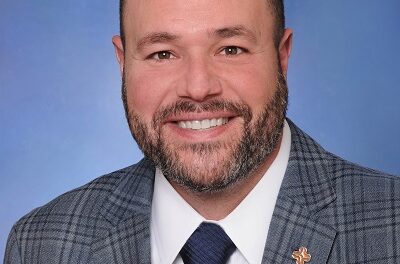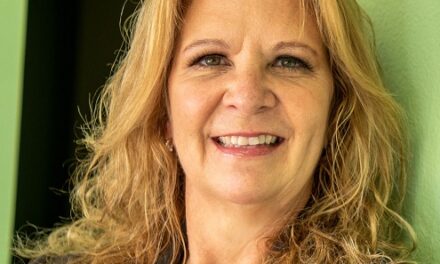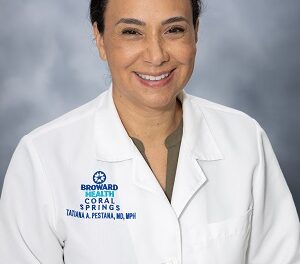All Are Invited to Summit on September 27 & 28, 2012
The American health care system which is the best in the world in innovation, technology, surgical procedures, pharmaceuticals, is also highly disjointed, overly costly and underperforming.
In 2012 we have seen many changes, and the promise or threat of changes, in the way health care will be delivered both in South Florida and the nation. Regardless of what actually will occur in the near and distant futures, the delivery of health care will be fundamentally different tomorrow than it is today,
Palm Beach County Medical Society (PBCMS) believes that we must work within the existing framework to continue doing what we deem to be right, which is to ensure that our patients have access to quality, affordable health care delivered by the physician of their choice. PBCMS is also committed to the preservation of the physician – patient relationship as a pillar of a high-value health care system. Additionally, we will continue to work to eliminate fraud, waste and abuse in health care. It is of most importance to address these issues now, so that patients can receive the quality care they deserve, in a patient-focused, cost-effective manner.
PBCMS will address these issues at the Future of Medicine Summit VI on September 27 and 28 at the Palm Beach County Convention Center. Nationally recognized leaders will speak alongside experts and visionaries from around South Florida. This is an educational forum not to be missed, and for practicing physicians, yes, it is worth rescheduling your patients for these two days to obtain the 16 CME and CEU credits. In fact, why don’t you invite them to attend?
Patients will particularly be interested in the Science, Medicine & Community panels. Scripps Florida researchers, local physicians, and community advocates will discuss diabetes, heart disease and bipolar disorder.
Other sessions include:
• How Technology is Advancing Health Care, by Pete Martinez and Lisa Rawlins
• Transformational Change: A New Reality for Health Care, by Cecil B. Wilson, M.D., MACP
• The Future of Medical Practices, by Jeff Goldsmith, Ph.D.
• State of the Union, by Chris Schlanger, M.D., MBA
• Perspectives of Delivery & Innovation from the Public and Private Sectors, by Chris Dawe and Andy Marino
• Medicine, Policy and Politics
Participants will learn from industry leader Joe Mott of Intermountain Healthcare in “Fixing Health Care: What Has to Change.” In Practice Solutions, moderated by Rick Cameron, speakers will explore two trends affecting physician practices for the future. “A New Era for Physician Organizations” will review ways that physicians can bond together to create collective strength, including Accountable Care Organizations (ACOs), Management Service Organizations (MSOs), and other models. Another increasingly important approach is the “Value of Physician & Hospital Integration,” where hospital executives and physicians will discuss the various ways in which closer alignment with hospitals can create other important bonds and relationships for physicians.

 The VIP Reception and Dinner on Thursday, September 27, welcomes keynote speakers Donna E. Shalala, Ph.D., President, University of Miami, and Jeremy Lazarus, M.D., President, American Medical Association.
The VIP Reception and Dinner on Thursday, September 27, welcomes keynote speakers Donna E. Shalala, Ph.D., President, University of Miami, and Jeremy Lazarus, M.D., President, American Medical Association.A full list of speakers and the complete Summit schedule can be found at www.pbcms.org/FOMSummit.
One particular segment of the Summit that should not be missed is “Improving Population Results Using the Triple Aim” by Carol Beasley, Director of Strategic Projects, Institute of Healthcare Improvement (IHI). Health care delivery is centered on the doctor-patient relationship. We must provide coordinated, patient-centered care within Physician-led systems that support innovation, promote quality and create value. Value is defined as quality of service, outcome, satisfaction and safety divided by cost over time. In other words we must devise a strategy that achieves these three aims of improving the individual experience of care, improving the health of populations and reducing the per capita costs of care for populations (The Triple Aim). These systems should also work to eliminate disparities in access and outcomes, promote medical professionalism and increase physician practice satisfaction. The challenges to accomplishing these goals are formidable.
This spring a delegation from PBCMS Services attended an IHI Training Seminar on implementing a Triple Aim Initiative. As a result a multidisciplinary leadership team was formed, diabetes was selected as a pilot population health management program and a purpose statement was drafted. Our collective efforts have been recognized by the IHI and we have been invited as partners in their Triple Aim Learning Community.




























